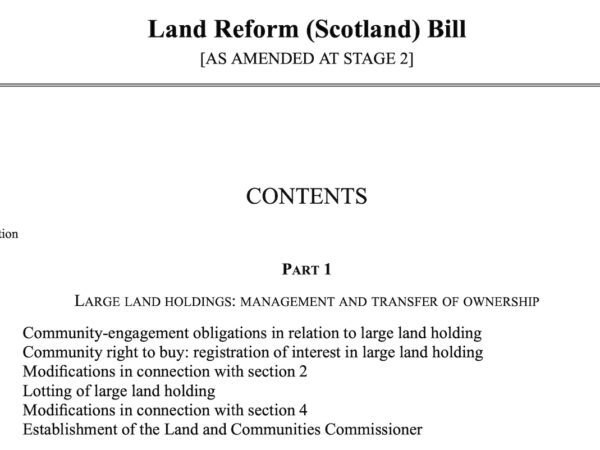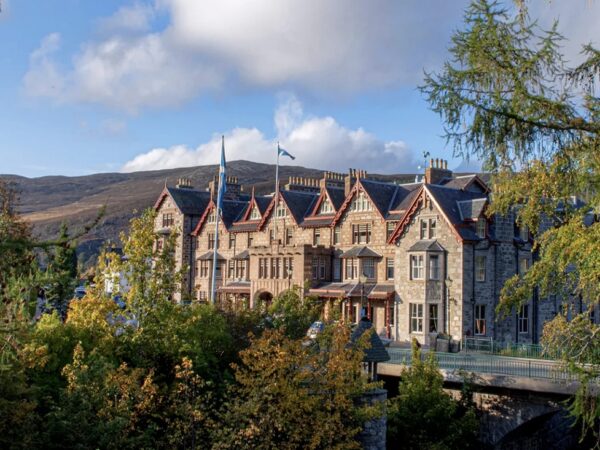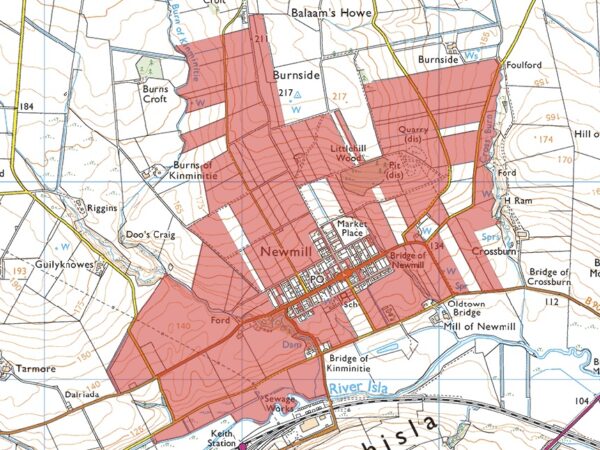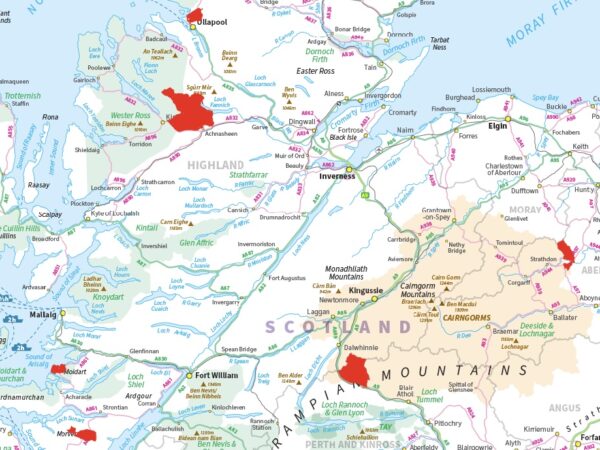Stage 3 Briefing on the Land Reform (Scotland) Bill
I am publishing this blog to provide a link to the Stage 3 Briefing I have prepared for MSPs in advance of consideration of Stage 3 of the Land Reform (Scotland) Bill. The debate on the 392 Stage 3 amendments
Continue reading








